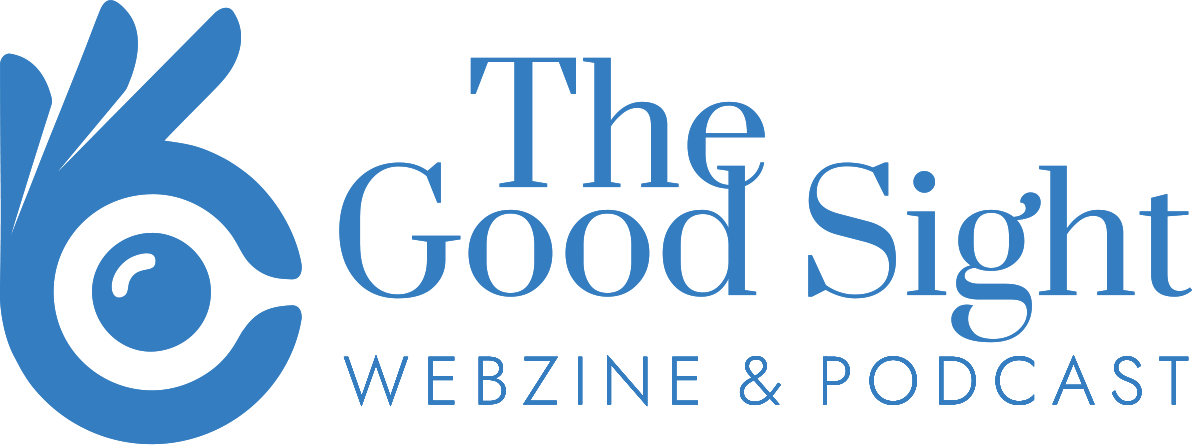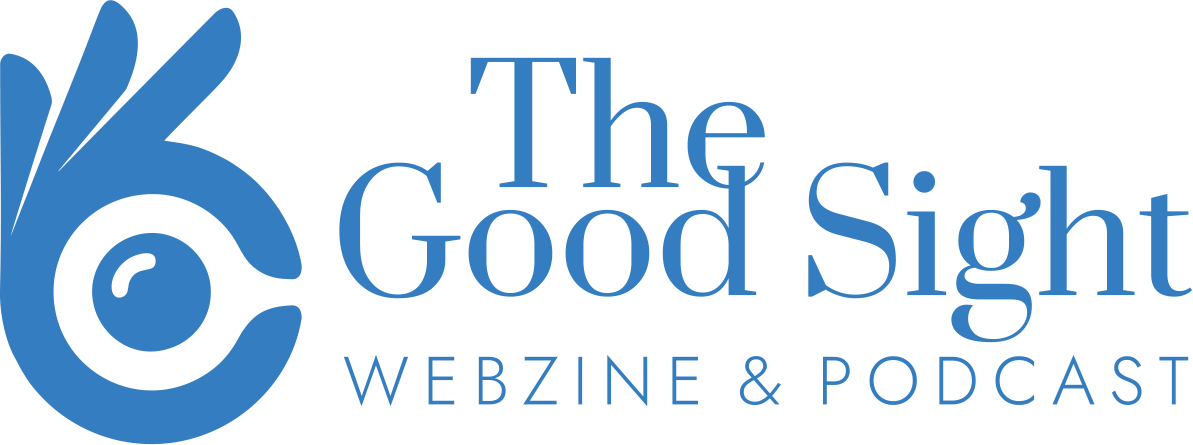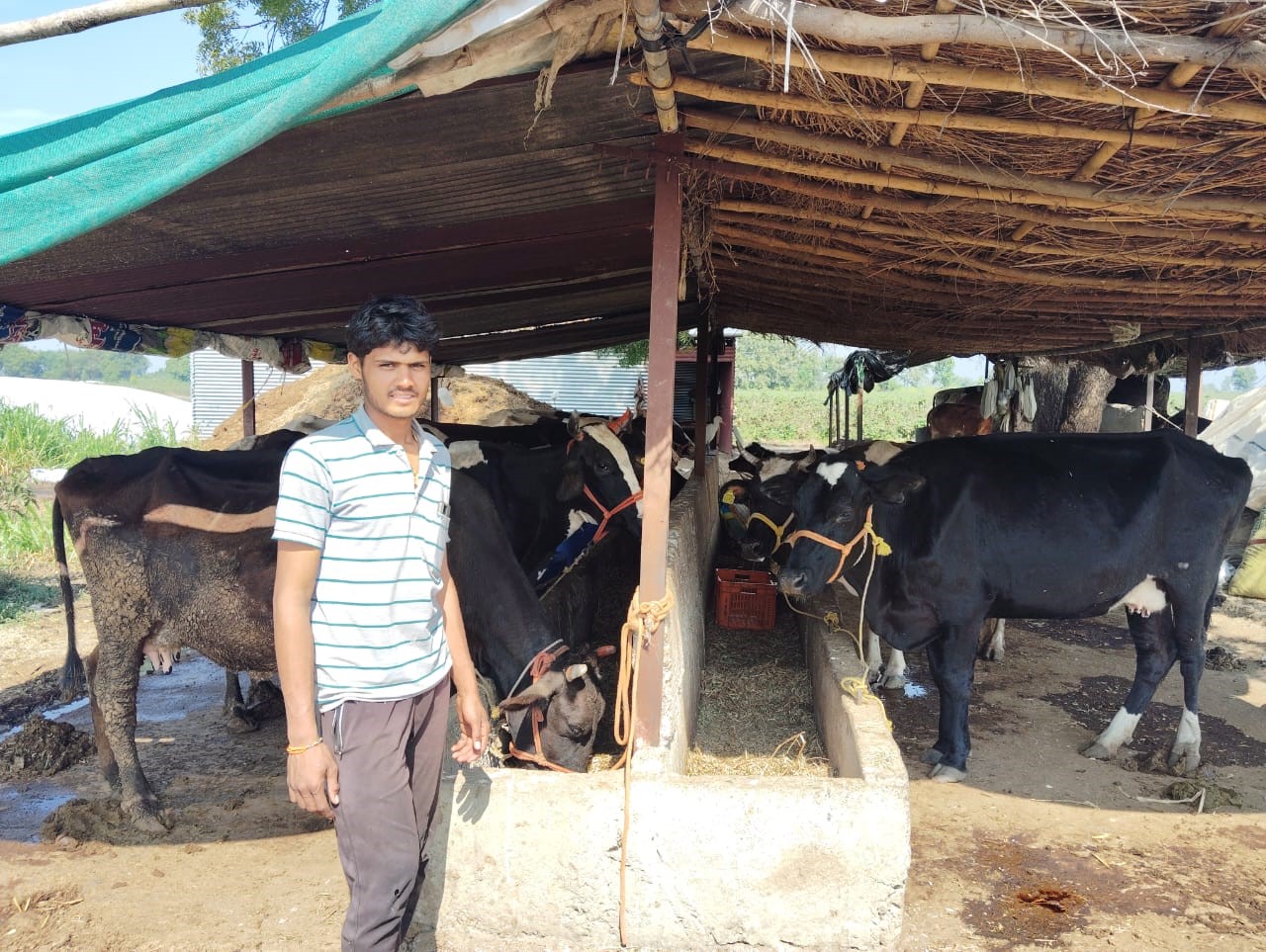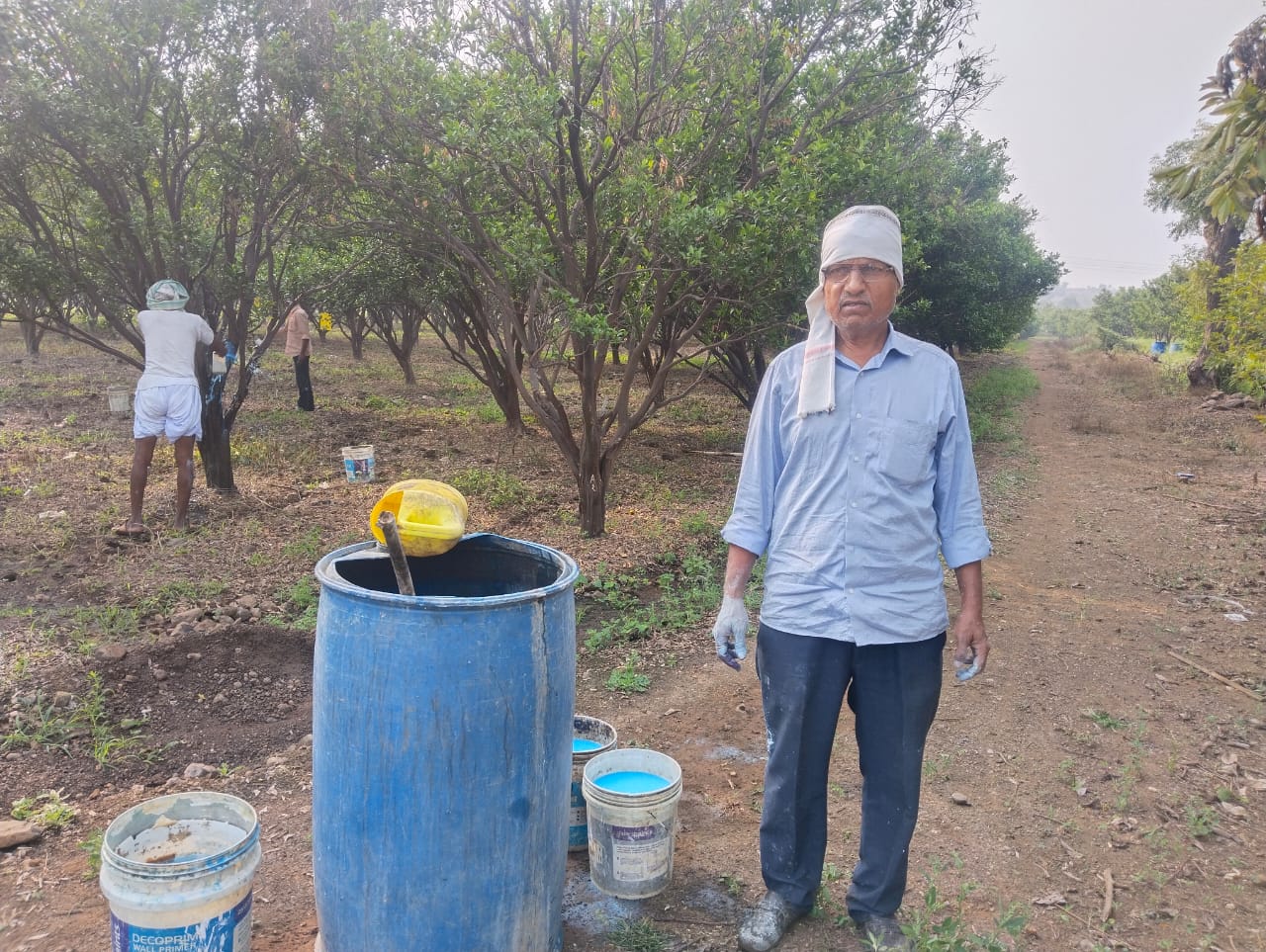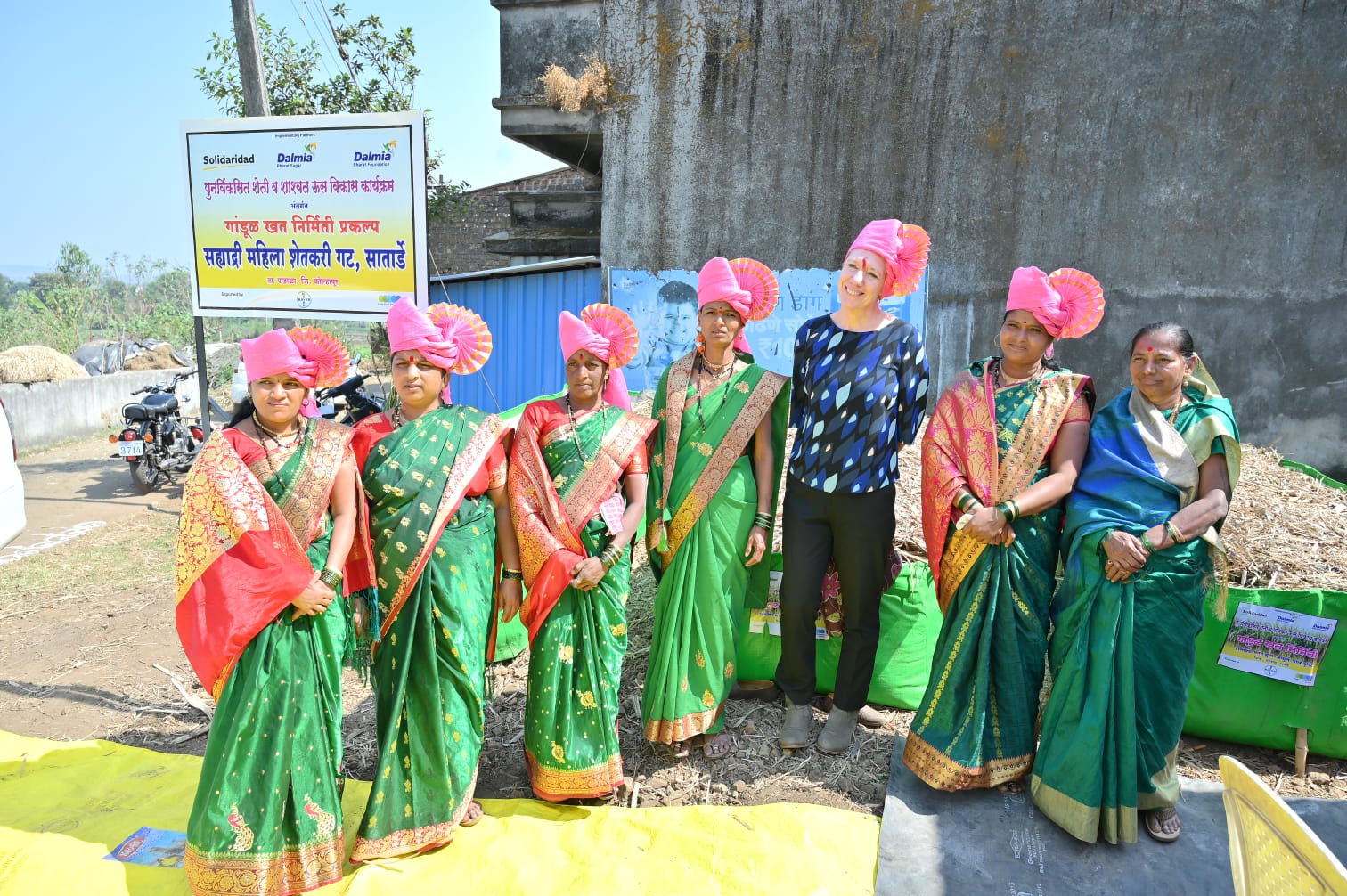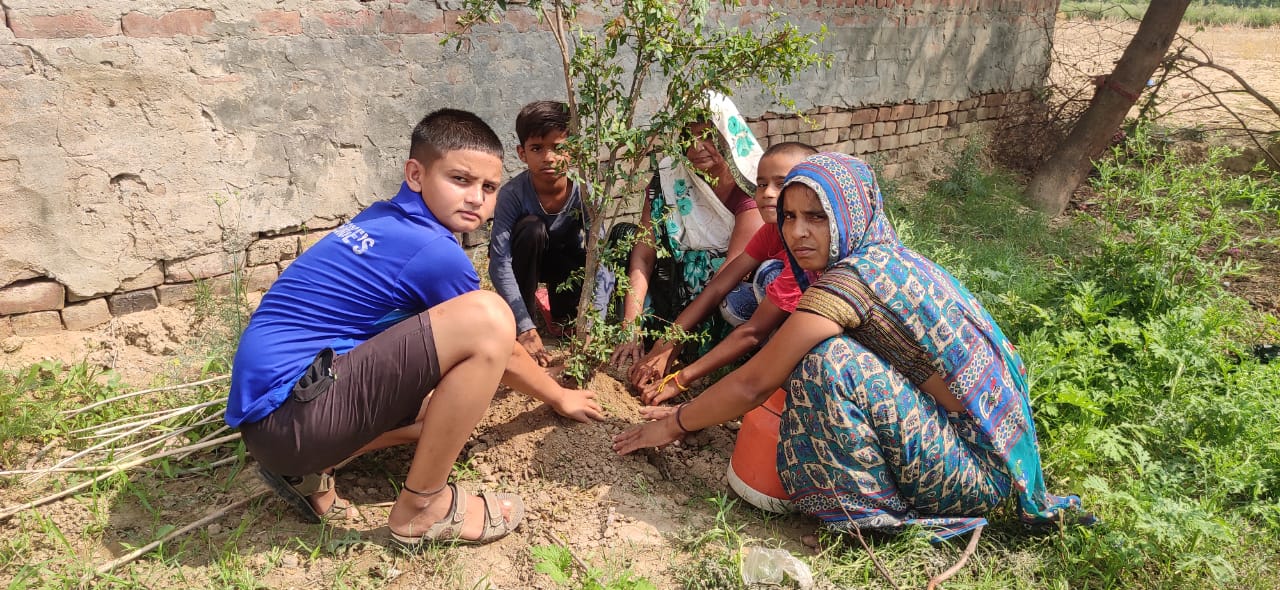Instead of seeing disaster-hit people as victims, Goonj considers them as equal stakeholders having a strong involvement in repairing their own lives and ecosystem
Goonj wants to bring focus to the most missed out issues, needs and challenges of the neglected people in the world. It wants to build a stronger connection between the two ends of abundance and scarcity in society, not with charity but with dignity for people and by advocating a more equitable ‘everyone is an equal stakeholder’ mindset for everyone. The non-profit’s main focus areas include:
- More equitable allocation of resources and opportunities in the world.
- A more equitable recognition, respect, value and dignity to the efforts, wisdom and knowledge of the most neglected people.
- Sustainable use of what the world has (money, material, knowledge, people, natural resources etc.) to solve the biggest challenges faced by the humanity.
- More resources, self-sustenance and dignity for people facing incessant disasters.
Two decades ago, Goonj started with cloth as a basic but neglected need of people and over the years in its journey, the non-profit discovered many other neglected issues and needs; people’s dignity in a dominant charity culture that underlines many others ignored issues– the indignities women face for their menstrual health and hygiene and their struggle for a clean piece of cloth or the indignity disaster-hit people face repeatedly. Goonj believes that for a self-sustaining community and society, we need to value people and resources we have before seeking a change. This respect for the wisdom, knowledge, local resources, skills of people, has been one of our guiding principles. We call it ‘Let’s improve the world before we change it’. In the last 5-6 years the world has come to call it ‘circular thinking’. The organization’s work around extending the life of 5000-6000 tons of urban surplus material, every year and using it as a resource for development work extends the market circularity to address poverty, inequity and climate change.
Rahat
Goonj’s disaster response initiative, Rahat should be replicated widely given the more frequent and more devastating disasters that people in the cities and villages alike are facing. The program is based on preemptive dignity-led bridge building between abundance and scarcity for a more rapid, customized and long-term disaster response. The primary shift is that instead of seeing disaster-hit people as victims, Goonj’s see them as equal stakeholders having dignity, agency and having a strong involvement in repairing their own lives and ecosystem. Goonj looks at relief material as a trigger for mobilizing, motivating and empowering people to value their own knowledge, wisdom and skills and to revive their livelihood and local ecosystem.
Here again, Goonj’s focus is on some ignored disasters like winters, annual monsoon floods, fires, droughts, which don’t get much attention or resources, in comparison to the other natural disasters. The other aspect of Rahat is to break many myths around disasters among people; like disaster-hit people are victims and will therefore take anything we give or that anyone can carry out disaster relief work. There are many aspects of disaster work which need to be understood better now more than ever before as disasters are happening all across and more organizations will have to engage with them.
Goonj has done some innovative work around turning disaster wastage into a resource for rural livelihood generation, that would be valuable for resource crunched communities whose livelihood is badly affected after a disaster. Over all, Goonj believes Rahat is a replicable model for changing society’s mindset around disasters, seeing them as a part and parcel of our life rather than as a one off aberration and using them as an opportunity to build back better and connect to development work in the long term. With Rahat, Goonj establishes a mechanism of partnerships and addressing some systemic root causes and impacts which may be bothering communities even before the disaster.
It also emphasizes working on disasters in a more strategic, comprehensive way in non-disaster times, which will incrementally reduce the suffering and losses of people and help the community prepare and adapt better. As Covid has pushed back people into deeper challenges, it has increased the urgency for better preparedness and adaption for future disasters, which, due to climate change, urbanization and depletion of our natural resources, have started hitting closer home and with more frequency.
Linkages with the SDGs
Disasters have a direct impact on progress made on any SDGs. Therefore, even though disaster work is not there on the SDGs list, it has a huge impact on all SDGs. Rahat helps the disaster-hit communities connect back, restore, repair and revive their ecosystems and lives. Poverty, in the absence of basics, is an ongoing disaster for a vast majority and natural disasters like floods, earthquakes, drought takeaway their basics and add to their challenges. People are pushed into debt cycles, migrate, and take bad decisions in this difficult time. In Covid, one of the biggest work that Goonj ended up doing was around hunger, an ignored need while everyone was focused on health. In this pandemic, Goonj also focused on working with some, already missed out people like the disabled, sex workers, senior citizens, artisans etc. whose pre Covid struggle for sustenance turned into a struggle for survival as attention moved on to other things. Thus, disasters have a connection with many other systemic issues. Goonj believes working closely with people in disasters, in their toughest hour, is one of the most important work of our times.
Defining development
“Development is to look at non-issues as issues and work towards finding a viable solution, which lies amongst us. Our aim is not to change the world, rather to improve it first. I feel that something is wrong somewhere because despite our hard work, good intentions, intellect and resources, poverty and many other development issues are not getting resolved. The gap is growing with issues getting more complicated. The utmost need in the domain of development is to see everyone as an equal stakeholder and to stop imposing development agendas and policies and listen to people, whom these decisions affect.”
Anshu Gupta
Founder Director, Goonj
